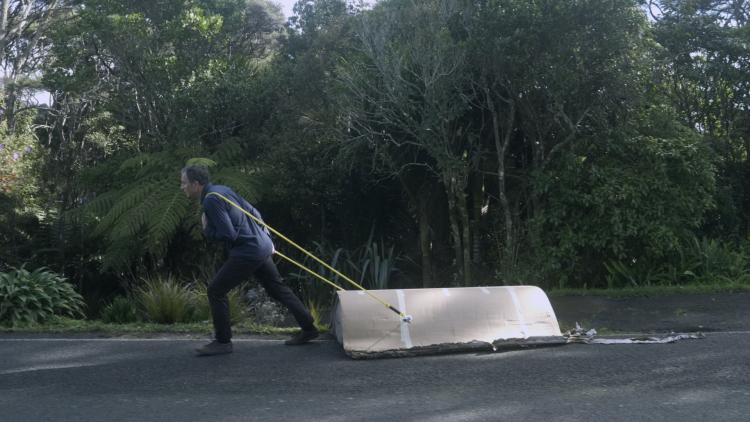Mark Harvey
20 min Presentation + 20 min Discussion
Moderator:
Vytautas Michelkevicius
Olavshallen: Korsalen
In Aotearoa/New Zealand, native forest species and habitats face increasing risk of collapse due to the plant pathogens myrtle rust and kauri dieback, which continue to be spread by human activities (Manaaki Whenua, 2022). This paper explores contemporary Indigenous Māori artistic research strategies in relation to the promise of averting these risks of forest collapse in the collaborative curatorial project Toi Taiao Whakatairanga. It is a three-year project that curates Māori artists through mātauranga Māori/Māori knowledge with Western perspectives, in generating arts practices intended to empower indigenous voices to generate wider public and Māori awareness in addressing this ecological issue. Toi Taiao Whakatairanga involves whakawhanaungatanga (processes of establishing relationships in one sense; Rata and Al-Asaad, 2019; Tuhiwai Smith, 1999), e auaha (creating and shaping), with curating and artistic research (Slager, 2021), involving emergent critical creative approaches and learnings; at the same time, it is also informed by colonial science disciplines (Barnes, Harmswoth, Tipa, Henwood, McCreanor, 2021) intersecting with other mātauranga Māori perspectives, through action cycles (Haseman, 2007). Other modes of engagement include attempting notions of decolonising approaches to curating (Muñiz-Reed, 2022), and relational labour and collaboration (Baym, 2015; Bishop, 2012). The project involves a range of arts approaches, from micro-scale interventions to national reaching initiatives, from poetics to indigenous influenced political strategies depending on the context and called for sense of agency, via visual arts, video, documentary, social-based practices, publicity tactics, text, sound, and traditional Māori tikanga practices (Māori protocols). Examples of its arts practices will be explored through works by Fiona Apanui-Kupenga (Ngāti Porou), Tania Ruka (Waitaha, Ngāpuhi) and Charlotte Graham (Hauraki, Waikato, Ngāti Mahuta, Ngai Tai, Ngāti Tamaoho).
Mark Harvey
Mark Harvey is a Māori (Ngāti Toa) and Pākehā artist and researcher working across a range of approaches, including live art, video, curating, artistic and social sciences. His recent projects have centred around public psychologies, political based art practices and mātauranga Māori contexts. He has presented in a range of contexts including Artspace Aotearoa (Auckland, 2019), ANTI festival of Contemporary Arts (Finland, 2018), The Venice Biennale for Visual Arts (2013), The New Zealand Festival of Arts and published widely including The South Project and Performance Research.
